
The national security trial of jailed Hong Kong media tycoon Jimmy Lai is set to begin on Monday, more than a year after it was originally scheduled to begin and three years after he was first detained.
The 76-year-old, who is also a British citizen, is accused of conspiring to cooperate with foreign forces and publishing inflammatory material.
The most prominent figure to face charges Security law Lai faces spending the rest of his life in prison. He pleaded not guilty to all counts.
His son, Sebastianwho has traveled the world to raise awareness of his father’s case, told Al Jazeera he was trying to maintain some optimism.
“Obviously this is a show trial,” he said in an interview in September. “They’re basically punishing [him] for standing up for the freedoms that the Hong Kong region has and that were also promised at the handover. That’s actually all, and they use a national security law, and the national security law does not apply retroactively. So if we just look at it at that level, at their word, then none of these guys should be in prison.”
Earlier this week, Sebastien met recently appointed British Foreign Secretary David Cameron, a former prime minister who once pushed for closer ties with Beijing.
According to a Foreign, Commonwealth and Development Office post on social media platform
Afterwards, Sebastien said he hoped Britain would soon “add its voice” to US and European Union calls for his father’s immediate release.
Rags to riches
Before Lai was arrested at his home in August 2020 and detained by police in a raid on his newspaper offices, which was broadcast live by journalists, he was known for both his business success and his criticism of the Beijing Communist Party – a Rarity among Hong Kong’s wealthy.
Born Lai Chee-ying in China in December 1947, he arrived as a stowaway on a fishing boat in Hong Kong, then a British colony. He was just 12 years old.
Finding work in a clothing factory, Lai gradually rose through the ranks, eventually founding his own brand, Giordano, selling T-shirts, chinos and everyday basics, a Hong Kong version of US retailer Gap that was hugely popular across the region became.
In the 1990s, as Britain prepared for 1997 and the handover of Hong Kong to China, Lai used the money he made from the sale of Giordano to focus on media, founding Next Media, publisher of the popular tabloid Apple Daily and other Chinese newspapers. Language branches in Hong Kong and Taiwan.
In Hong Kong’s then permissive media landscape, the newspapers attracted hundreds of thousands of readers with their mix of critical coverage of China and tantalizing gossip, making the most of the “one country, two systems” framework that was intended to ensure Hong Kong maintained the rights and freedoms, who had long enjoyed it but who were unknown on the mainland.
In 2008, Forbes estimated his fortune at around $1.2 billion and said he thrived “by promoting free expression and democracy.”
Lai and Apple Daily then came under fire Mass demonstrations in 2019 That started with concerns about a proposed extradition bill with mainland China and evolved into calls for more democracy. The protests came amid growing concerns that Beijing was gradually tightening control over political life despite promises made in 1997.
Lai has been incarcerated since December 2020, initially on remand and later on short prison sentences on a number of separate charges relating to the management of Apple Daily and his involvement in one Vigil on the occasion of the Tiananmen Square massacre in 1989.
After 26 years it is latest edition of the Apple Daily was printed in June 2021.
After two police raids in which top executives at Lai and Next Media were arrested and a freeze on its bank accounts, the company said the decision reflected “employee safety and staffing level considerations.”
Challenging power
After being denied bail shortly after his first arrest, Lai used his celebrity status to challenge the security law.
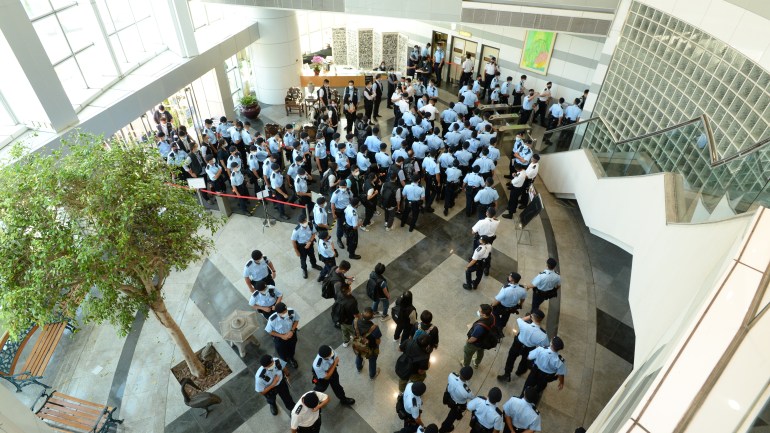
He originally planned to hire a British lawyer, Timothy Owen, to defend him in a decision that secured the support of Hong Kong’s highest court, which ruled against the government’s attempt to block Owen’s appointment and imposed a “blanket ban” on foreign lawyers to impose sanctions on those operating domestically, rejected security cases.
The ruling prompted Hong Kong leader John Lee, a former security minister, to call on Beijing to intervene, saying a foreign lawyer could leak state secrets or be compromised by a foreign government.
The interventionDays before the trial was to begin, led to a months of delay Beijing ultimately decided that Lai could not hire the British lawyer.
Denied his choice of lawyer, Lai will face a panel of three hand-picked judges and, unlike Hong Kong’s common law criminal justice system, there will be no jury.
“Jimmy Lai has already spent three years in prison for his journalism and peaceful pro-democracy activities,” said Caoilfhionn Gallagher of the London organization Doughty Street Chambers, which represents the Lai family in international legal issues. “He is now being prosecuted on illegitimate grounds, under an unfair law and in a broken legal system.”
The trial is expected to last 80 days until March next year.
“On the one hand, the Hong Kong authorities will try to show that they are taking their legal process seriously,” Kevin Yam, senior fellow at Georgetown University’s Center for Asian Law, told Al Jazeera. On the other hand, Lai’s defense team appears to be “trying to use the long and painful trial to demonstrate the absurdity of the allegations against him,” he added.
Maya Wang, deputy director of Human Rights Watch’s Asia division, said the trial will provide insight into how the security law works.
“I think in the end Jimmy Lai will be locked up. The question is how long,” Wang told Al Jazeera. “I would pay attention to how the public prosecutor characterizes their accusation of collusion, because depending on the severity, it could reach up to life in prison.”
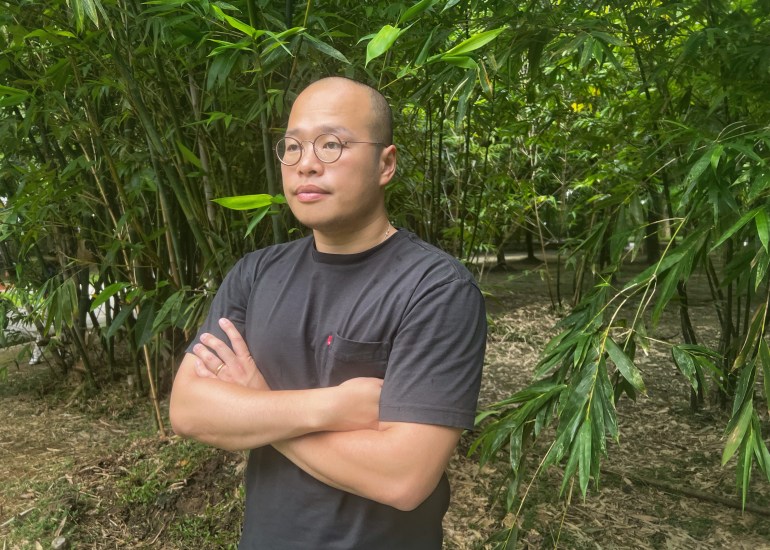
“It is also very important to note that given Jimmy’s very advanced age, even a short sentence effectively means a life sentence for him,” she said.
Hong Kong’s national security police arrested 264 people in August and charged 148 people under the national security law or the recently revived colonial offense of sedition, according to research by Eric Lai and others at the Georgetown Center for Asian Law.
In addition to Lai, there are also other national security processes in Hong Kong ongoing Mega trial of 47 pro-democracy lawmakers and activists – for organizing a pre-selection process to select their candidates for later postponed elections – and the riot trial of journalists in the now dissolved Stand newsbut many of those charged under the law are people who took part in the 2019 protests.


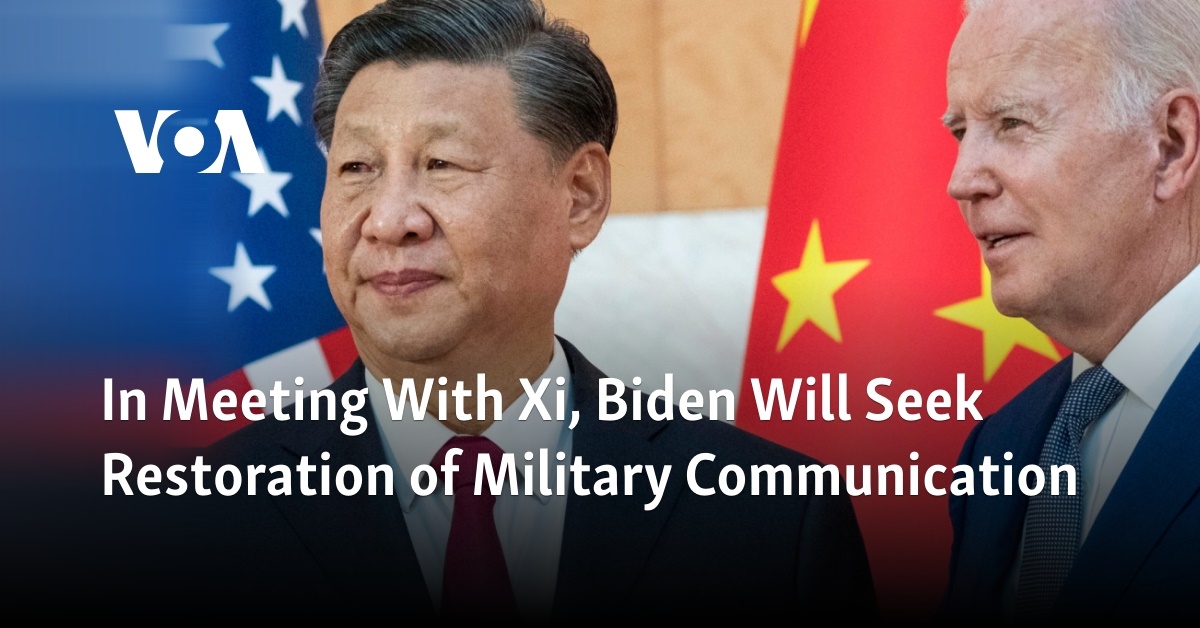
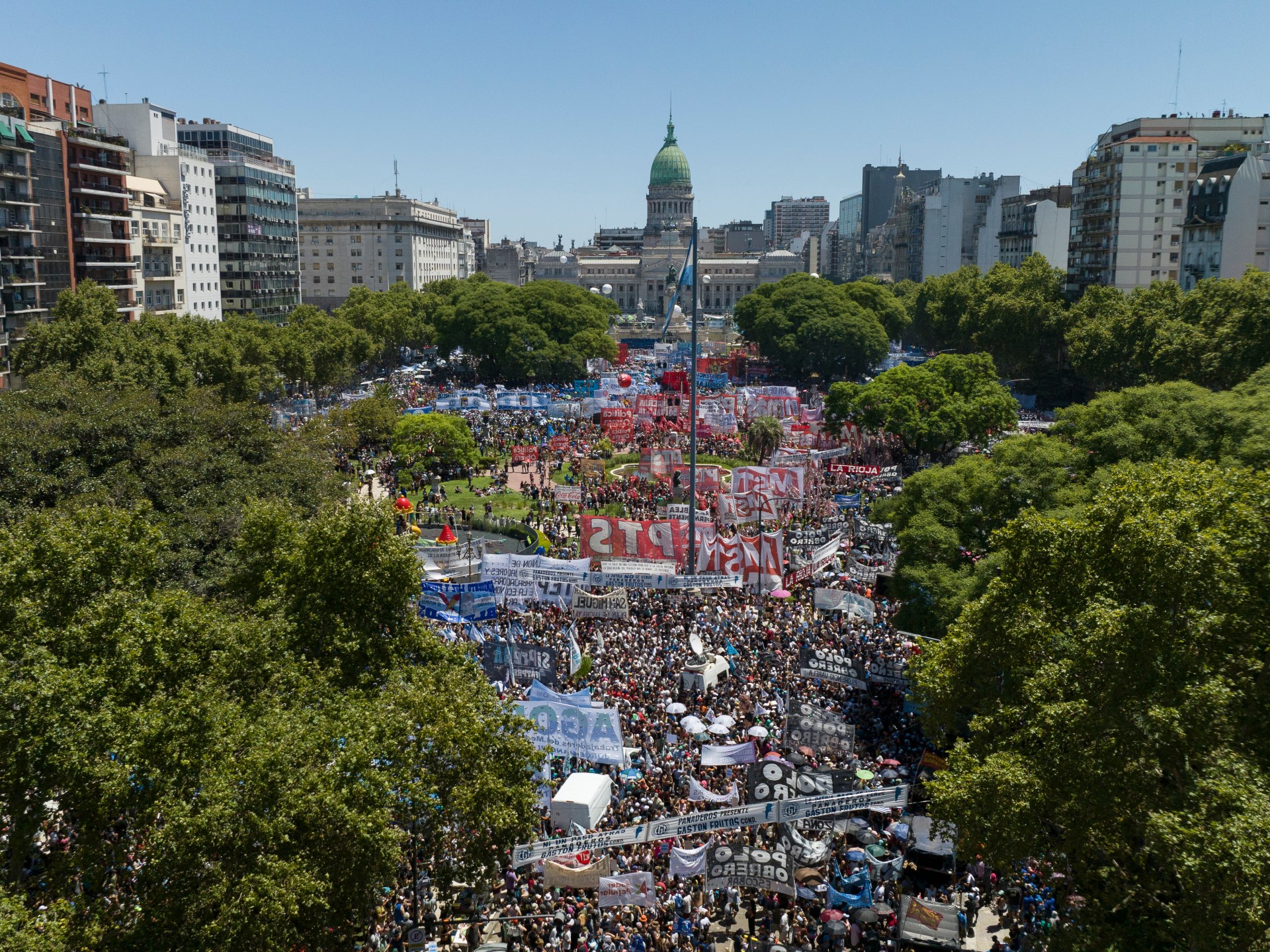
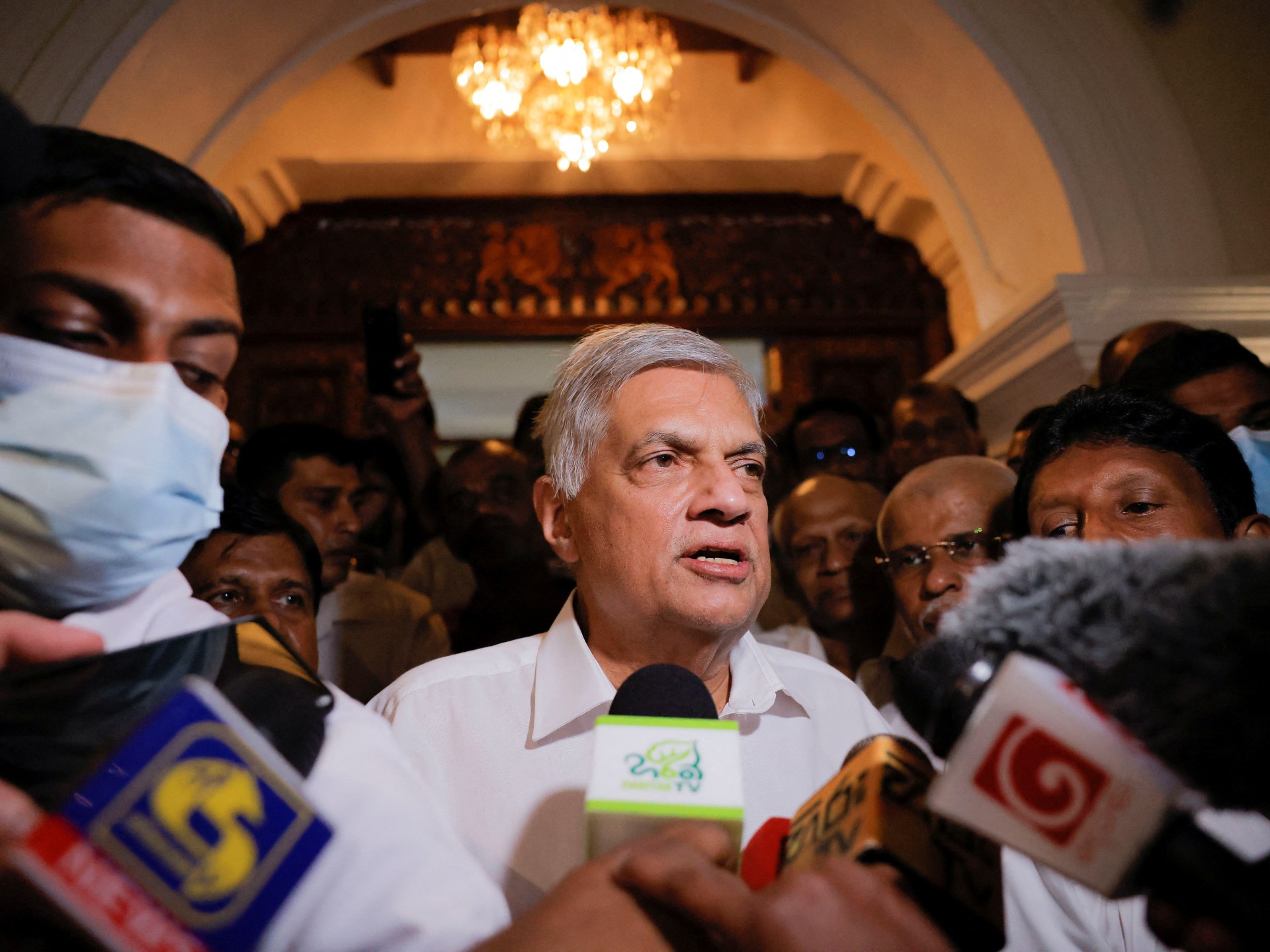

Recent Comments